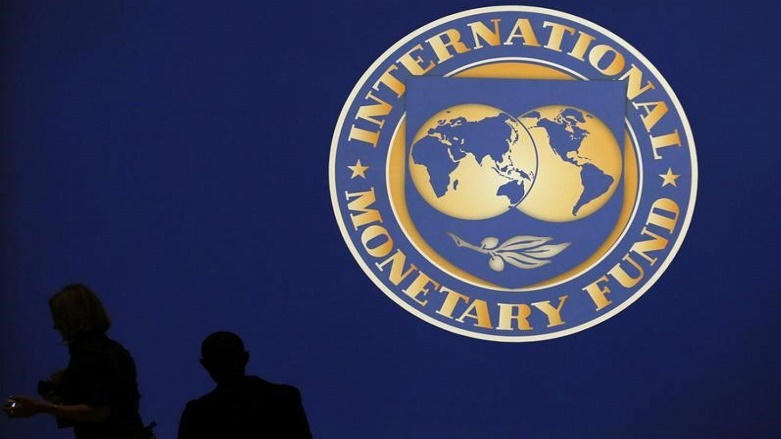IMF approves $5.3 billion aid program for Iraq

ERBIL, Kurdistan Region (Kurdistan24) – The International Monetary Fund (IMF) approved about US $5.34 billion aid program for Iraq on Thursday as a part of the financial support for the economic reform program that the federal government of Iraq is implementing.
Iraq is currently suffering from a critical economic and political turmoil and has faced a substantial deficit in its federal budget due to the dramatic drop of oil price. The country almost entirely depends on oil revenue.
On Thursday, the Executive Board of the IMF approved a three-year Stand-By Arrangement (SBA) for Iraq for about $5.34 billion to support the government’s economic reform program.
“Iraq’s economic reform program supported by the SBA aims to address the urgent balance of payments need, bring spending in line with lower global oil prices, and ensure debt sustainability,” the IMF statement continues. “The program also includes measures to protect the poor, strengthen public financial management, enhance financial sector stability, and curb corruption. Iraq will require the support of the international community to implement these policies.”
Min Zhu, Deputy Managing Director and Acting Chair of the Executive Board, stated that the economy of Iraq is mainly hit by the rise and the attacks of the Islamic State (IS) and the sharp drop in global oil prices.
“The policies put in place by the authorities to deal with this double shock are appropriate. In the fiscal area, the authorities are implementing sizable fiscal adjustment, mostly through inefficient capital expenditure retrenchment while protecting social spending, and financing,” Zhu said. “In the external area, the authorities are maintaining the peg to the US dollar, which provides a key anchor to the economy.”
Zhu also highlighted Baghdad’s budget sharing agreement with the Kurdistan Regional Government (KRG) as a way to put both the federal government of Iraq and the KRG in a better position to combat IS attacks and the oil-price shock.
He advised Iraq that in order to empower growth and gain financial stability, the legal framework of the Central Bank of Iraq has to be strengthened, state-owned banks be restructured and restrictions of exchange will be gradually removed.
“Additionally, measures need to be implemented to prevent money-laundering, counter the financing of terrorism, and strengthen the anti-corruption legislation,” Zhu added.
Editing by Ava Homa
